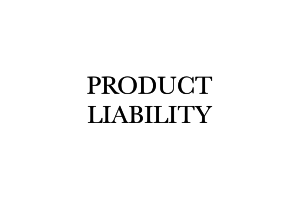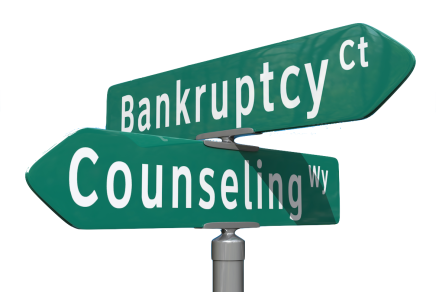On April 24, 2024, following the green light by the Council in March, the European Parliament approved the final text of CS3D, the Directive on Corporate Sustainability Due Diligence.
The Directive is now expected to be formally endorsed by the Council and published in the EU Official Journal. [POSTNOTE: in fact, it was on July 5th, 2024]
Based on OEDC and UN standards, the new Directive establishes a far-reaching obligation for businesses to “prevent, stop or mitigate the negative impacts of their activities on the environment and human rights“, via due diligence. What is targeted, in particular, are any undue exploitation of labor-power (e.g., child labor) and further damage to the environment (Member States are requested to align with the goals of meeting the 1.5°C global warming threshold, as set out in the December 2015 Paris Agreement[1]).
As Axel Voss, MEP and rapporteur of the Directive, has pointed out-
“Companies are obliged to take measures to mitigate or end risks when they caused or contributed to them through own acts and omissions. Anything beyond that is an obligation of means, not an obligation of results. This means that companies have to really tackle severe risks where they have caused them because they are happening in their own structures, because they are connected to their contracting practices or their pricing practices. If, however, there are human rights or environmental risks deep in the value chain, but the practices of the company under the Directive actually have nothing to do with it, this also should not be the responsibility of that company. Companies then have to choose and adapt measures like responsibly changing their contracts or purchasing practices in order to minimize or seize the risks they caused. In case not all risks can be tackled at the same time, the company can prioritize the ones it needs to tackle first, based on their severity. In cases of direct suppliers where no measure leads to a satisfactory outcome and the risk or damage does not become even worse if the company cuts its ties, the company needs to terminate the contract as a last resort. If the company fails to fulfil these due diligence obligations, which causes damages because of a company’s intent or negligence, they can be held civilly liable, leading to real access to justice for victims.”[2]
The companies primarily affected are those that are particularly large (i.e., with more than 1,000 employees and a turnover of more than €450 million)[3], but the CSDD will have a broader impact, given that the companies directly affected will be required to have corresponding contractual commitments from all other companies in their supply chain.
The CS3D Directive is a significant step in the articulated process, which began in 2020. The process is not yet complete, however, as the Directive will need to be formally approved by the EU Council, and published in the Official Journal. Member states will then be required to adopt CS3D within two years, establishing a national supervisory authority.
The CSDD is intended to complement another directive that has already been adopted and is soon to be applicable: the so-called CSRD (Corporate Sustainability Reporting Directive) – No. 2464 of 2022 – on sustainability reporting requirements. On this read here.
____
[1] The Paris Agreement is a treaty concluded on 12/12/2015 at the UN Climate Change Conference (COP21). The Agreement entered into force on 04/11/2016 and includes a commitment by the signatory States to enact the necessary measures to contain the global temperature increase within the limit of one and a half degrees above pre-industrial levels. To date, the Agreement has been ratified by 195 States (194 + the EU).
[2] https://www.europeanfiles.eu/climate/the-cs3d-a-milestone-for-supply-chain-responsibility.
[3] The following phased application of the CSDD was planned:
– companies with more than 5,000 employees and turnover exceeding 1,500 million euros – starting from 2027;
– companies with more than 3,000 employees and turnover exceeding 900 million euros – starting in 2028;
– all other companies within the scope of the Directive (i.e., those with more than 1,000 employees and turnover exceeding 450 million euros) – starting in 2029.













